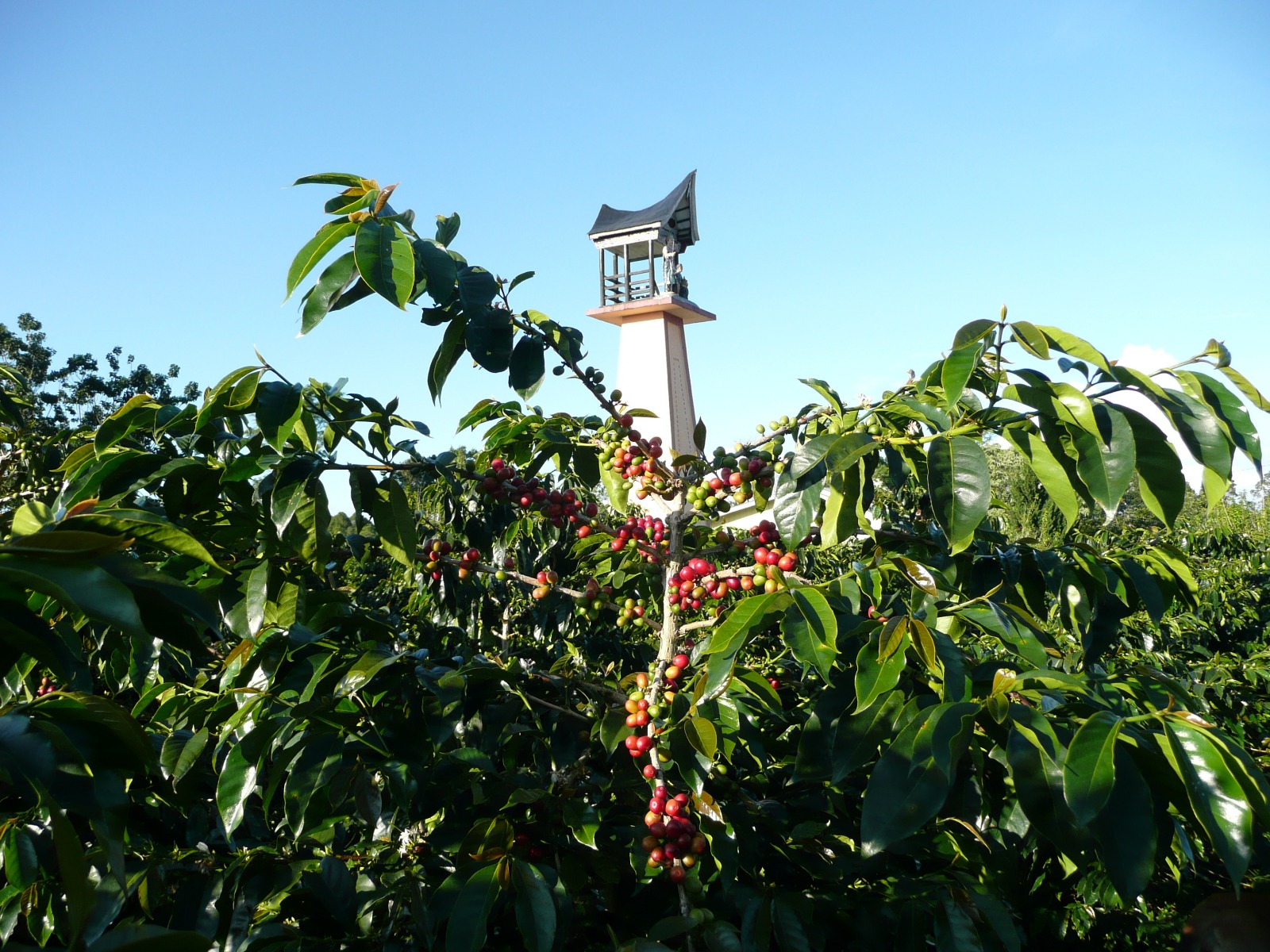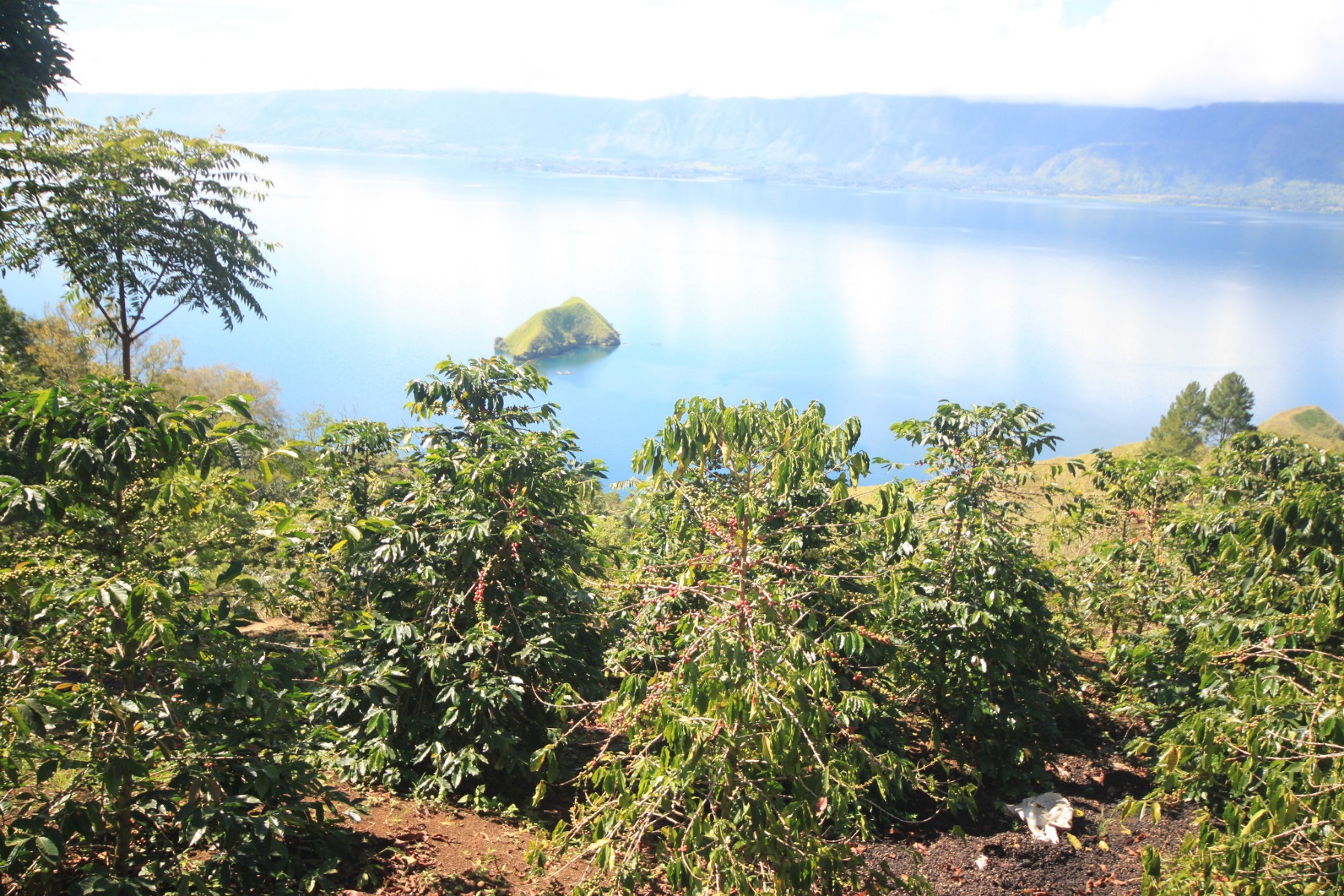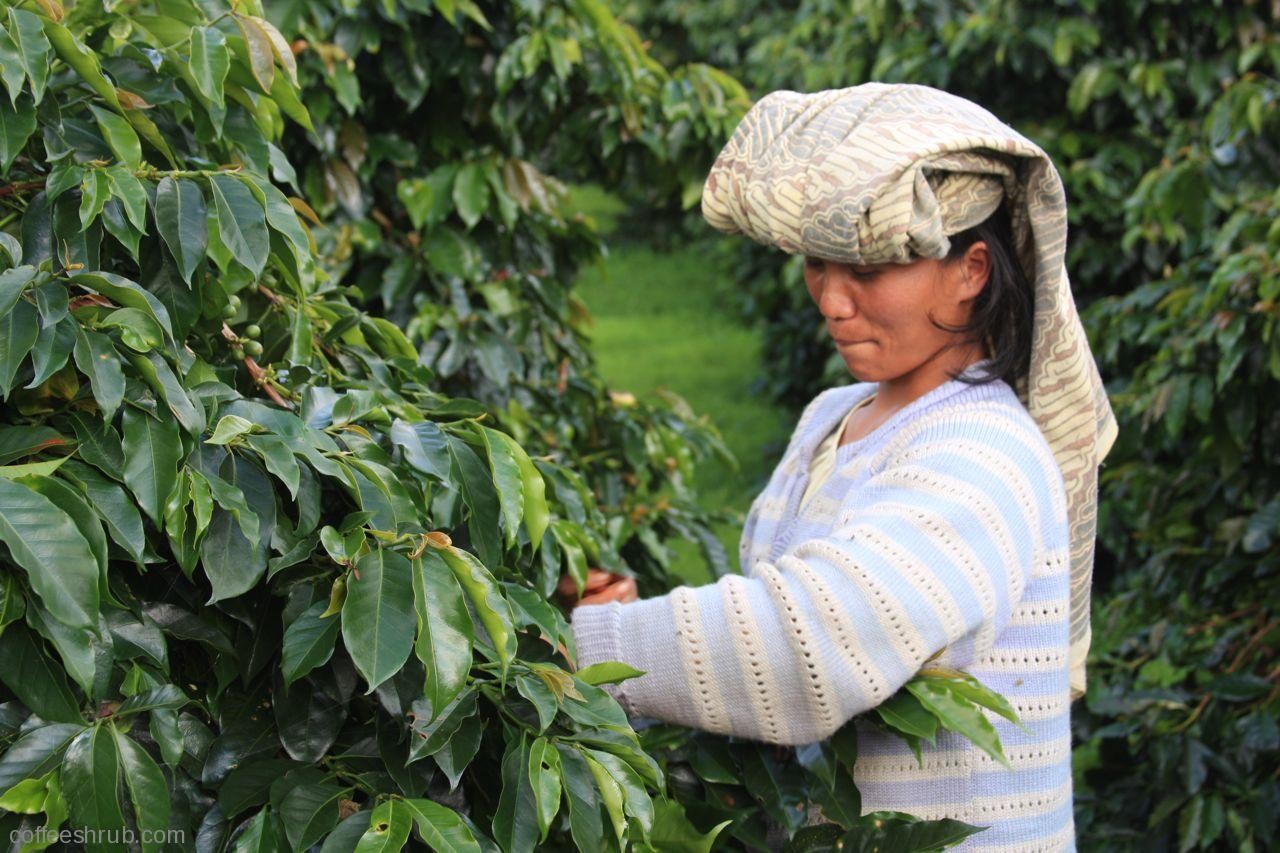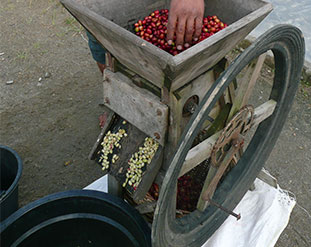Crema Origins: Indonesian Lake Tawar
- 24 Aug 2017
The Indonesian Lake Tawar Single Origin Coffee Creates Beautiful Black Coffee with a Mild Acidity & Full Body
THE COFFEE BEANS
Coffee beans grown in the Indonesian region of Lake Tawar include arabica varietals like Ateng and Jember. Grown at altitudes ranging from 1100-1600m above sea level, creating an unusually high body and citrus acidity for Indonesian beans.
Ateng, along with its several sub types, is a common name for Catimor coffees widely planted in Sumatra and other Indonesia isles. Ateng’s name derives from the area Aceh Tenggah. This cultivar is known for its productivity and large yield, and is resistant towards Coffee Leaf Rust.
Jember, also known as Selection 795, was selected by Balehonnur Coffee Research Station in India. It is thought to be the cross of S288 (a natural hybrid of Liberica and Arabica) and an old Kent variety (a Typica variety that has been adapted to growing conditions in India). S795 is the most commonly planted Arabica coffee in India and Southeast Asia and was one of the first coffee leaf rust resistant varieties to be discovered.
The Indonesian Lake Tawar single origin coffee hasn’t developed the earthy notes normally associated with Indonesian coffee and instead features a warming blend of mild citrus acidity and hints of dark chocolate notes and dark fruits.
Tasting Notes: As a black coffee - smoky treacle and pipe tobacco notes. The acidity is very mild and the body is full and syrupy. Full lingering flavors of dark chocolate and mulberries with mild citrus highlights. With the addition of milk there is the distinct mouth filling taste of Black Forest - cherries and dark chocolate.

LOCATION
Indonesia was the first country outside Ethiopia and Arabia to widely cultivate coffee and the first coffee export from Indonesia was sent to Europe in 1711.
Since then, the coffee industry has grown and in 2014 Indonesia was officially the fourth largest producer of coffee in the world. Coffee has and continues to play an important role in the growth of the region, which is exceptionally well suited to coffee growing: located near the equator and numerous mountain regions create suitable micro-climates for coffee farming and production.
The country grows both Arabica and Robusta beans, with the majority of Indonesia’s export being Robusta beans.
The Indonesian coffee industry is a large and diverse one, with production dominated by an estimated 2 million smallholders, many of which live in remote villages located across the island.

THE FARM
The Indonesian Lake Tawar coffee region is comprised of an estimated 60,000 smallholder farming families with an average of 1-2 hectares for farming. Almost all the coffee produced in the area is higher quality arabica varieties, including Ateng and Jember. These beans are produced by the Banyan farmers group, which contribute part of the earnings to the Hands of Hope program, a charity that offers care and support to foster children & orphans in Indonesia. Because there are so many farming families in the region, and because the majority of the coffee is traded using green bean traders, there is limited information about the individual farms.

BEAN PROCESSING
The Indonesia Lake Tawar single origin coffee is the semi-washed wet hulled process, a process specific to Indonesia. Once the ripe coffee cherries have been picked, the fruit is removed as soon as possible, which is known as 'pulping' or 'milling'. The mucilage layer is then washed off the beans and the coffee is then raked across a patio for drying. Once the coffee has reached approximately 30% moisture, it is put through the hulling process to remove the parchment layer. The beans are still malleable at this high moisture content and the beans can often be disfigured by the huller, but the reason they use this process is because of the high humidity in Indonesia. The farmers and millers are afraid to leave their coffee outside drying for too long, so by removing the parchment skin earlier than usual, the beans are more exposed to the air and dry quicker.




